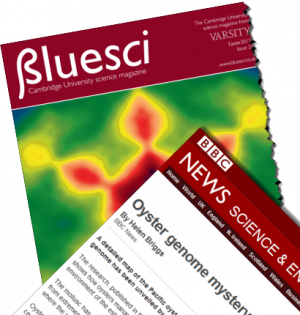Reading an article
- Aspects Of Engagement
- Assessment Overview
- Assessment for Learning Introduction
- Assessment for Learning Research Summary
- Building Capacity in School
- Classroom Management - Thinking Point
- Creating Engagement
- Developing Higher Order Scientific Enquiry Skills
- Developing Your Teaching
- Factors Affecting Lesson Design
- Fibonacci Project
- Group Talk - Benefits for Science Teaching
- Group Work - Practical Considerations
- Group Work - Research Summary
- Improving Reading - Research Summary
- Improving Writing - Research Summary
- Inclusive Teaching in Mathematics
- Inclusive Teaching in Science
- Modelling Introduction
- Purposes and characteristics of whole-class dialogue
- Questioning Research Summary
- Speaking and Listening in Group Work
- TESSA Working With Teachers
- Teaching Learning Developing Approaches to CPD
- Teaching Learning and Whole School Improvement
- The Importance of Speaking and Listening
- The Process of Lesson Design
- The educational value of dialogic talk in whole-class dialogue
- The impact of enquiry-based science teaching on students' attitudes and achievement
- Types Of Question
- Using Digital Video in Professional Development
- Whole Class Work - Research Summary
Lesson idea. Reading scientific articles moves students beyond textbook learning and, of course, helps expand their knowledge. More than this, encouraging reading offers opportunities to compare messages in popular science writing with the writing for academics. For example, students could compare articles written on the MMR vaccine by 'behind the headlines' bloggers with some mainstream pieces. They could discuss scientific communication, its popularity, the need to explain terms, the use of images and terminology and, sometimes, the complete avoidance of terminology. As teacher, you could instigate discussion on peer review, the process of publishing and the structure of academic articles. You could also encourage students to write a blog, or a 'wiki' on science and to think about science communication in various contexts. The place to start could be an article in the news, a box of articles or a set of bookmarks you've collected. Included here are links to some less obvious sources for science articles.
Teaching approach. The resource relates to the importance of:
- Scientific literacy(topic).
- Science citizenship(topic) - understanding science in its context.
- Literacy - understanding the role of different media in dissemination.
- Scientific understanding of particular concepts chosen.
- scientific language(ta).
- scientific method(ta).
It can be delivered through a combination of homework(ta) (perhaps to find an interesting article), group work(ta) to explore various articles (perhaps in a carousel), and/or use of ICT(i) including PowerPoint files to encourage students to present an area they are interested in. (edit)
| Resource details | |
| Title | Reading and discussing popular science articles |
| Topic | [[Topics/Scientific literacy|Scientific literacy]], [[Topics/Science citizenship|Science citizenship]], [[Topics/Reading skills|Reading skills]] |
| Teaching approach | [[Teaching Approaches/Homework|Homework]], [[Teaching Approaches/Language|Language]], [[Teaching Approaches/Group work|Group work]], [[Teaching Approaches/Scientific method|Scientific method]] |
| Learning Objectives | Depending on the activity chosen, learning outcomes may be:
|
| Subject | [[Resources/Literacy|Literacy]], [[Resources/Secondary|Secondary]], [[Resources/Science|Science]] |
| Age of students / grade | [[Resources/Secondary|Secondary]], [[Resources/KS4|KS4]], [[Resources/KS3|KS3]]
|
| Related ORBIT Wiki Resources | See Listening to scientists - a collection of interviews on ORBIT Listening series - C105 |
| Files and resources to view and download | Some sources of articles, that may suit ages 14-19
|
| Acknowledgement | |

